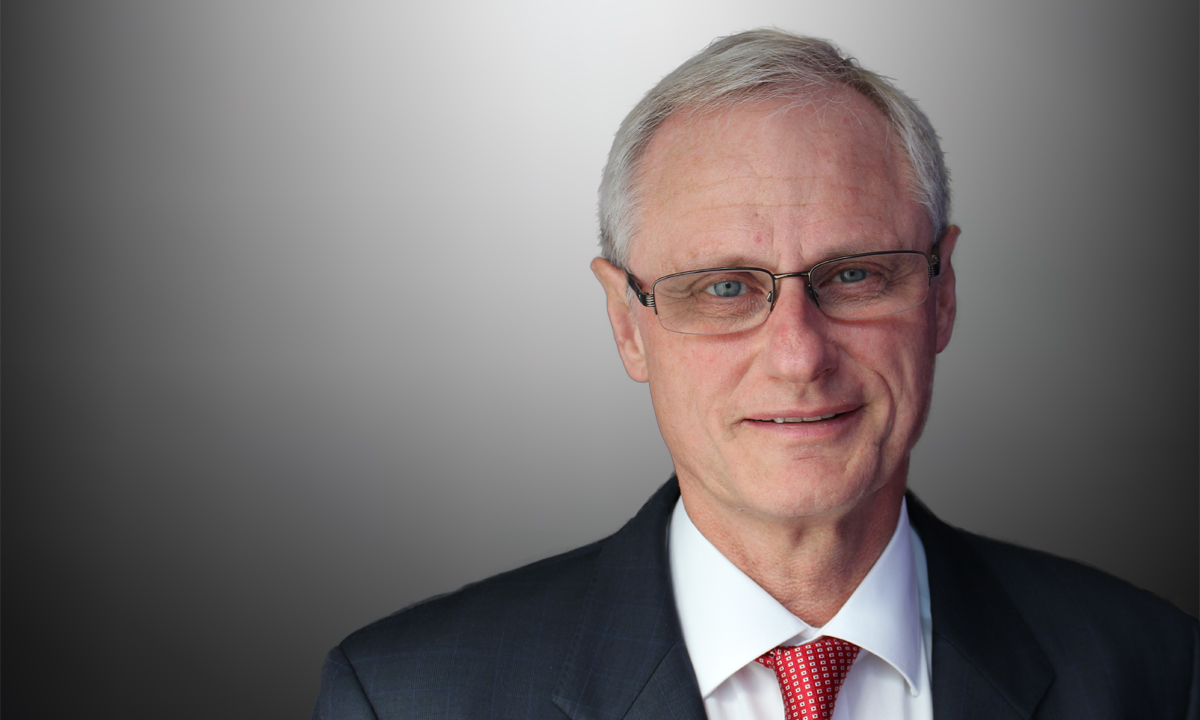THE Medical Journal of Australia and MJA InSight endorse the Uluru Statement from the Heart.
The Statement, a consensus from the First Nations National Constitutional Convention held in May 2017, calls for “establishment of a First Nations Voice enshrined in the Constitution” and seeks “a Makarrata Commission to supervise a process of agreement-making between governments and First Nations and truth-telling about our history”.
It affirms the connection of Aboriginal and Torres Strait Islander peoples with the land, and highlights the social difficulties and ongoing suffering faced by Aboriginal and Torres Strait Islander peoples. The MJA accepts the invitation of the Aboriginal and Torres Strait Islander peoples to join with them “in a movement of the Australian people for a better future”.
The MJA has been at the forefront of striving for health equity and equality for all Australians, including our First Nations peoples. We know the legacy of the MJA over 104 years is but a tiny fraction of the history of our nation, although our contribution in this short time has helped to spotlight our First Nations peoples’ health, including, all too often, the astounding and continuing inequities.
We recognise there is an ongoing health crisis that is clearly felt in the hearts of the First Nations peoples.
The 2018 Indigenous issue of the Journal, like those before it, continues to expand knowledge of Indigenous health determinants and issues and, even more crucially, begins presenting practical solutions to improve First Nations peoples’ health by harnessing modern medical understanding integrated with uncompromising cultural awareness. The task is far from complete. The Journal commits not only to support the Uluru Statement but to continue to prioritise publications that will integrate the statement into a health care and societal movement.
Health is integral to the spirit of all cultures; it is underpinned by social determinants obligating recognition, understanding and complete cultural awareness as identified in the Uluru Statement. If health equity and equality are to be achieved for all Australians, and if Australians all agree this is a fundamental human right and that it is un-Australian to think otherwise, then we must join hands and move forward to create a better future for us all.
Laureate Professor Nick Talley, AC, is editor-in-chief of the Medical Journal of Australia.
To find a doctor, or a job, to use GP Desktop and Doctors Health, book and track your CPD, and buy textbooks and guidelines, visit doctorportal.

 more_vert
more_vert
I would like the AMA to refrain from being involved in political issues such as the Uluru statement, climate change and asylum seekers and so on. the entire membership does not support these issues and the impression given is that we ALL support the AMA’s position.
I’d love to hear from indigenous doctors and other doctors working in Aboriginal health.
I’m sick of urban “activists” in their ivory towers.
Here we have the MJA “apologising”for only been around for 100 years.
It’s ridiculous.
Agree with 4. Events in NT show the problems with minority cultures. Greg the Physician rightly warns of medical organisations delving into divisive party politics. I am prepared for Federal council to speak for me on matters medical but not on the Uluru statement.I never thought we would support a form of apartheid.
Greg the Physician is spot on. Politics masquerading as medicine yet again.
Solving discrimination with discrimination. Martin Luther junior said “judged by the content of their character and not the colour of their skin”. Time we paid attention.
I agree with posts #1, 2 and 4. I think it is a great pity that medical organisations such as the AMA and some of the specialist Colleges are branching out from their core activities into divisive party politics. There should be a separate group for “progressive” medical practitioners to pursue their political, as opposed to medical, goals without accessing the annual dues the rest of us, who do not share their opinions, contribute to the AMA and the Colleges.
If Australia is going to thrive as a nation then the object is to unite not divide the national community . Although politicians gloat over cultural diversity , it is only viable if the national culture underlies it. There is a danger that racism will become entrenched in minority groups attaining power and exert undue influence over the democratic majority. Their has been a tendency for some doctors to try to be ‘ ‘progressive’ in their thoughts but their intuition is misplaced in this situation. I suspect that for some reason or other there is a guilt about the past. Whilst the past was wrong , there are multiple aspects of people living a few hundred years ago that would not happen now. Laws were draconian and human rights abused. What stopped that was democracy and freedom of speech. Dont push us back into a society where some have more rights than others. If any Australian is suffering then use the current system to abolish that. Some cultural aspects of minority groups are in direct conflict with the majority belief system.
I think the uluru concept would be supported by the majority of aussies
The desire to improve the health of Aboriginal Australians is utterly unrelated to the push to create a third chamber in the Australian parliament, admission to which shall be based on skin colour.
Attempts to conflate the two will simply alienate those who would otherwise have been willing to contribute.
Yet more virtue-signalling grandstanding from hand-wringing middle-class social justice warriors, and a further indication that the MJA need no longer be considered as a serious scientific journal.
Doctors looking to run for office?